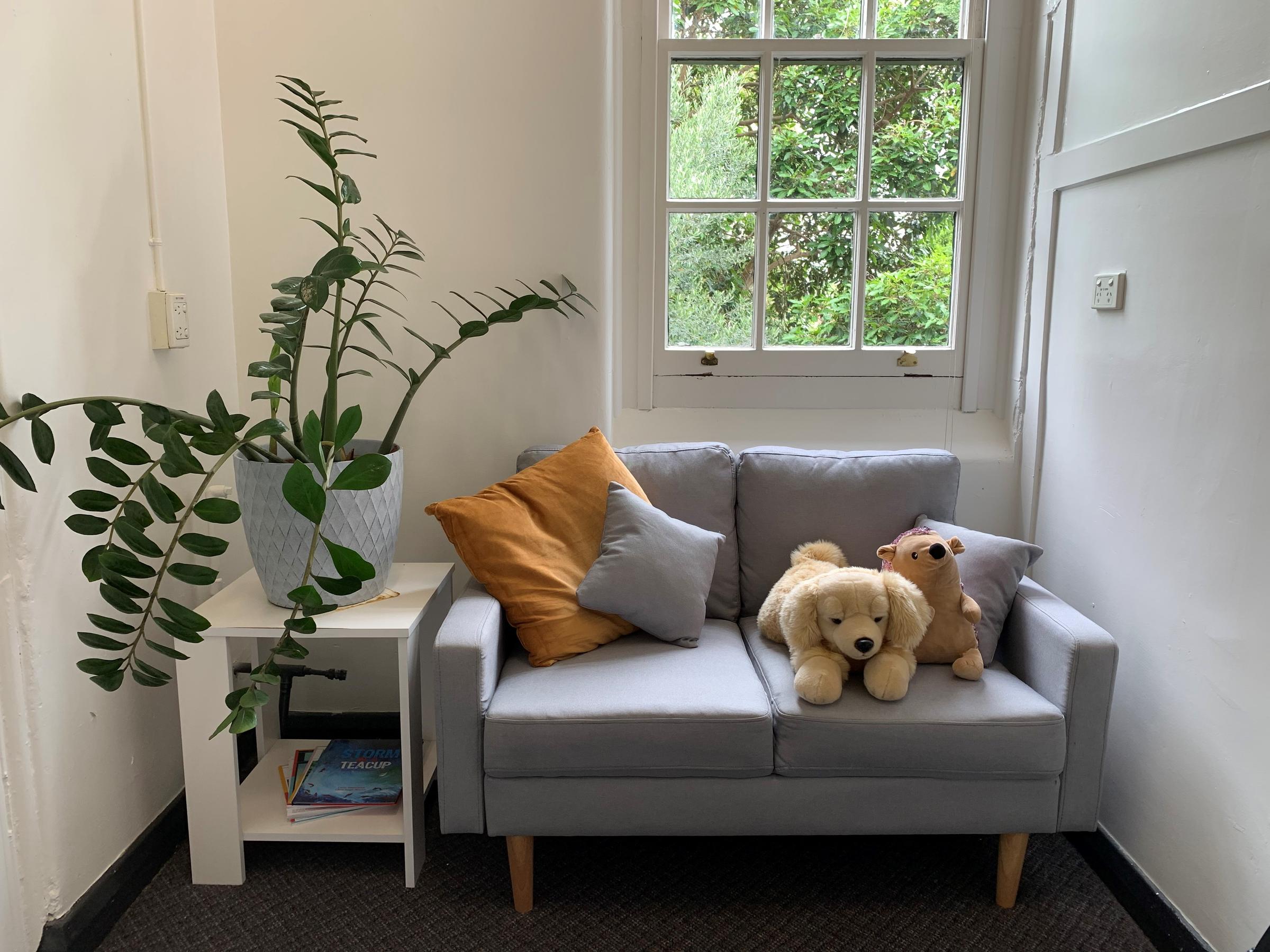Student Services Wellbeing

Looking after yourself and your mental health
World Mental Health Day this year was October 10th. Victorians know how emotionally exhausting and stressful the pandemic ordeal has been: lockdowns, social distancing, travel restrictions, and masks! This year, the message the NHS Student Services Wellbeing Team wanted to reiterate is to “Look after yourself and your mental health”. We celebrated Mental Health Week this first week back of school with remote and online activities for Daily Connect and Lunchtime.
Whilst we're sad that we couldn’t celebrate with our school community in person, we are super thrilled with the engagement we’ve had with our online activities. Below are some activities we shared with our staff and student community- and our hearts are warm with all the love and support displayed to one another.
Self-care padlet:
Hip Hop Class:
Link: https://www.youtube.com/watch?v=ZWk19OVon2k
Handstand Yoga with Xanthe:
Coming soon : Lockdown Legends
We had an overwhelming number of responses from students who nominated their peers and staff to recognise and appreciate the kindness and support received during the covid19 lockdowns.
Nominations that have been consented to share will be presented later during the term. Keep your eyes out!! (It’s soooo heart-warming).
Managing the transition back to school
The past 18 months have been filled with changes, forced adaptations and disruptions to routine for our young people. While some students may have benefited from the remote learning space, which provides flexibility in their day and opportunities to work at their own pace, for others it has been a significant challenge.
Regardless of how your young person has found remote learning, the transition back to face to face learning is another disruption in and of itself. The following are normal and expected responses:
- Fear or worry about the safety of being at school and exposure to COVID-19
- Anxiety around socialising, or re-connecting with friends and peers
- Anxiety around separation from parents or siblings who are still at home
- Anxiety around their school performance and keeping up in class
- Less energy
- Sleep difficulties
- Struggling with motivation and/or concentration
- Disruptive behaviour at school or at home
- Less resilience to setbacks
Even though we have done this before, the way your young person copes this time may be different to the last. However, it looks this time around, the following strategies may be helpful in providing support:
- Validate your young person’s fears about COVID-19, while also reassuring them that school is safe.
- Organise for your young person to meet up with one friend at the start of their first day back.
- Schedule some time for a family activity after school
- Re-establish normal routines. Return students to usual bedtime and wakeup in the week leading up to their return. If they are only back a few days a week, keep this consistent on their remote learning days too.
- Encourage them to lay out their uniform and pack their bag the night before. The morning of school, allow more time than usual to get ready.
- Provide space to debrief and talk about the challenges/wins of your student’s day.
Get in touch with your child’s teachers to communicate any concerns about their learning or progress in specific classes. They may be able to make accommodations.
The most important thing you can do is listen, support and empathise with your child. Nothing they are feeling about this period of time is invalid or inappropriate. If you have extra concerns about your child’s wellbeing at school, get in touch with the wellbeing team via compass or a year level program leader about accessing some support from the wellbeing team.
In addition there are a number of great resources available online that can help families support the mental health of their young people. Black Dog Institute is running a whole month of community webinars for mental health month this October.

